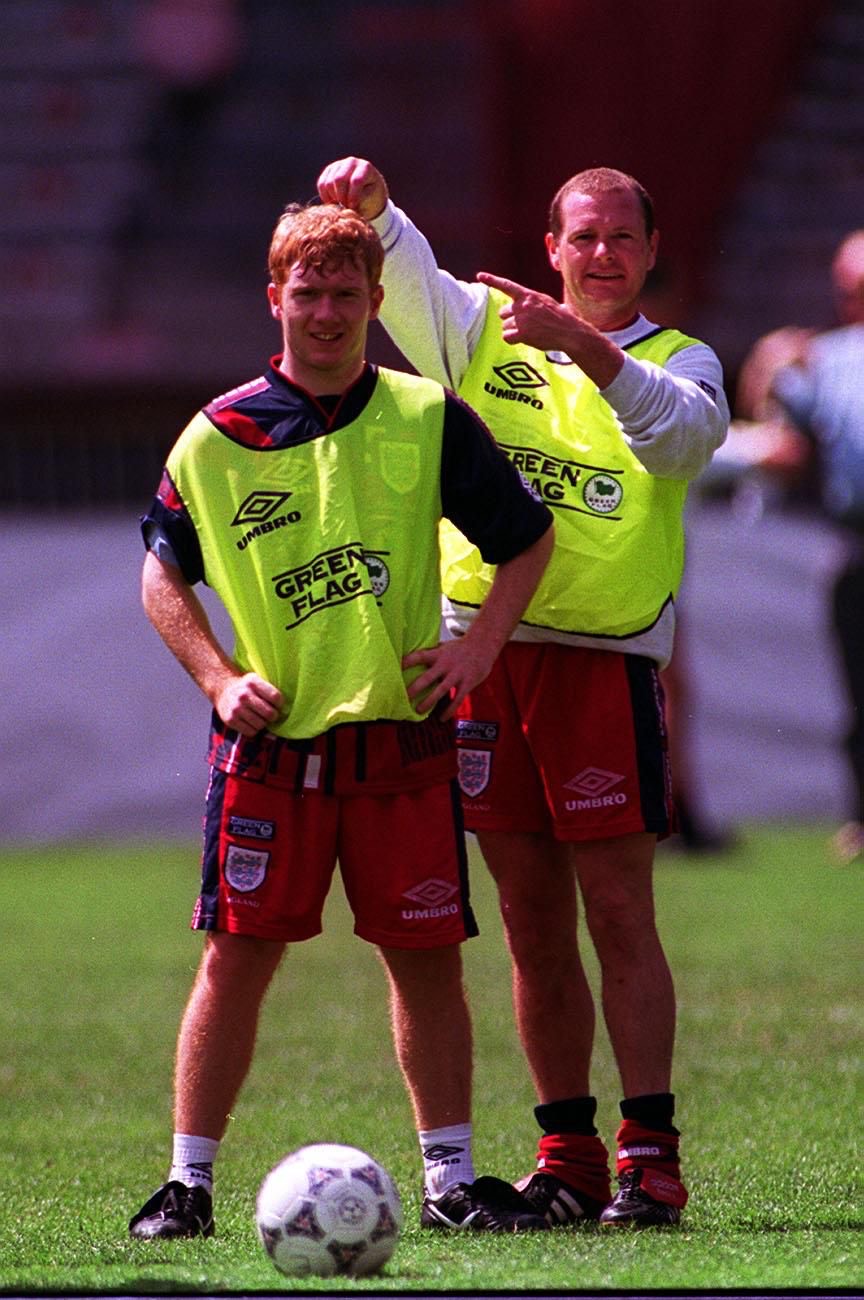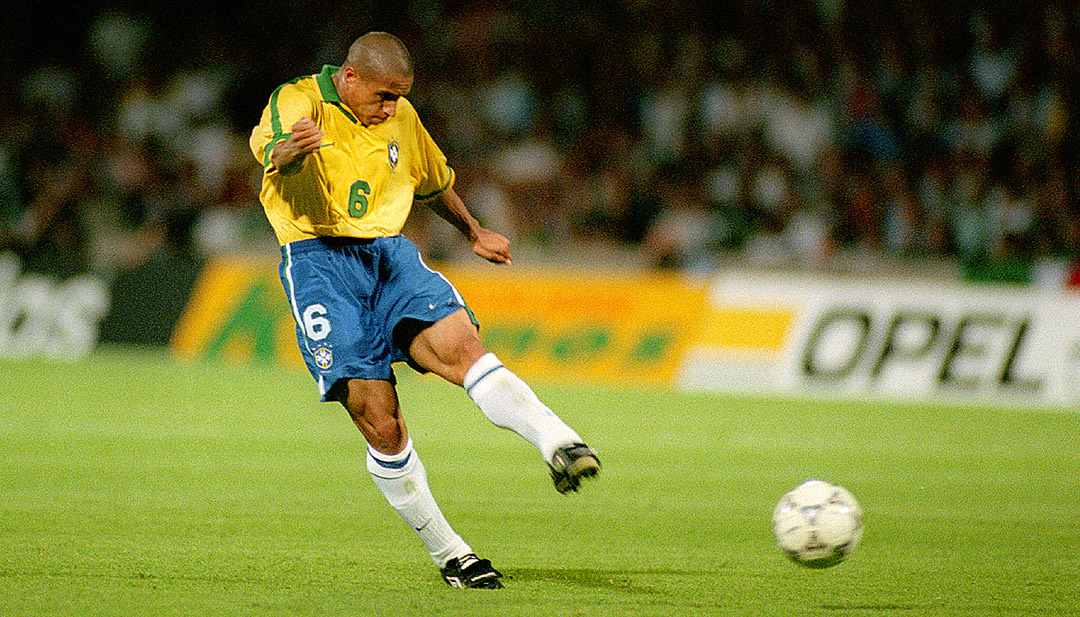An invitational that changed what football was capable of.
Le Tournoi.
On the surface, it was nothing more than an invitational. A warm-up. A handful of matches played in early summer, staged so the French federation could test out venues and operations ahead of the World Cup they were to host twelve months later. Nothing about it suggested permanence. If anything, Le Tournoi de France seemed destined to be filed away in football’s great cabinet of forgotten friendlies.
And yet.
What unfolded in June 1997 ended up altering the way we thought about football - not on a structural level, not tactically in the sense that the 1950s Hungarians or Arrigo Sacchi’s Milan altered the sport - but on a visceral level. It was about memory, about imagery, about the possibility of a ball doing something that seemed to belong outside the laws of physics.
It began the way these things often do: with a roll of the eyes at its creation, followed by the gradual swell of irresistible anticipation. Sod it, fans told themselves, I can’t wait to watch this. And why not? Gather Brazil, Italy, France, and England in one compact tournament and you will have, by sheer accident, a collision of the world’s best and brightest. A showcase. A festival. England were there too - a note of irony even then.
The storylines that emerged were not the ones the organizers had anticipated. France, still forming under Aimé Jacquet, showed the shape of what they were to become: imperious at the back with Blanc, Desailly, and Thuram, yet still too blunt at the top end of the pitch. They struggled here. They looked functional, unadventurous. And yet the seeds were there. Zidane was not yet Zidane, but the spaces were beginning to open around him. Djorkaeff hinted at being more than an accomplice. Within a year, with subtle tweaks and a frontline given new balance, this side would explode into immortality, Zidane writing himself into eternity in Saint-Denis.
Italy felt caught in an in-between space - between pragmatism and fantasy, between the warriors of the past and the technicians of the future. But in the middle of that tension, Alessandro Del Piero spread his wings. He was given freedom, and in that freedom the world glimpsed a generational talent. He would finish as the tournament’s top scorer, dancing in and out of defenders with the casual certainty of a man born for the spotlight. For Italy, the tournament didn’t solve the problem of identity, but it gave them a star around whom to dream.
England, improbably, produced some of their finest football in years. Their 2–0 defeat of Italy in Nantes remains one of those performances that flickers oddly in the collective memory, like a lost photograph. Alan Shearer scored, of course, but it was Paul Scholes who dominated, orchestrating the midfield as though he were decades older, dictating tempo, vision, and control. For a moment, it seemed obvious - here was the player England should build around. Sadly, only Glenn Hoddle seemed to recognise it. The nation would keep searching for a midfield saviour for the next two decades while the answer had already been in front of them.

And then there was Brazil. Fallible but fabulous. Not quite the watertight champions of USA ’94, but still the circus everyone wanted to see. Ronaldo was the phenomenon, the incandescent comet of the age, running at defenders with a frightening mixture of pace and inevitability. He was the player you couldn’t take your eyes off. And yet, in a squad overflowing with attacking riches, it was another man who gave us the image that has lasted a lifetime.
Roberto Carlos. Twenty-one minutes into the opening game against France in Lyon. A free kick, placed some 35 yards from goal, out near the touchline. No danger, everyone thought. He ran up, struck with the outside of his left foot, and physics bent to his will. The ball seemed to curve away into the crowd, an impossible angle, until suddenly it swerved back, like a guided missile, and smashed inside Fabien Barthez’s post. The goalkeeper didn’t move. Zidane stood frozen. The crowd gasped, then roared. It was a trick of geometry nobody had seen before. A goal that belonged to the language of sorcery rather than sport.
By the next morning, children across the world were on playgrounds trying to bend a ball in the same way. And by that afternoon they had realised: you couldn’t. It was Cruyff’s turn, Ronaldinho’s elastico, Higuita’s scorpion kick, Poborský’s audacious chip - but more elusive still, because even the boldest imitators rarely came close. This was lightning in a bottle, one of those where were you moments that transcend the match itself.
England, of all nations, would go on to lift the trophy. But no one remembers the trophy. They remember the feeling - that sense of having seen something impossible, something that rewrote the imagination of the sport. Le Tournoi didn’t change football’s history in the way the World Cup or Champions League have. But it changed the way football felt.
And sometimes, that is the more lasting legacy.

We also think you'll like...